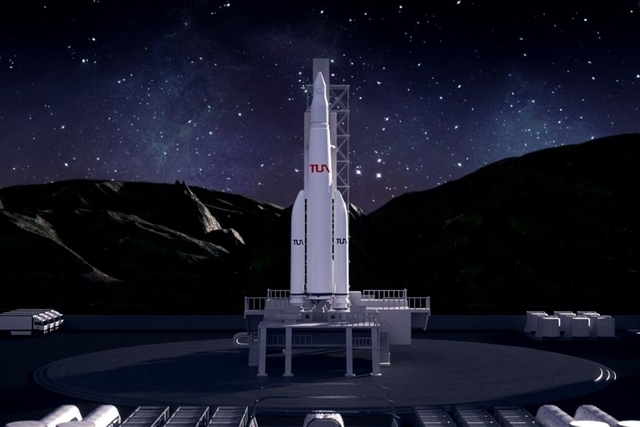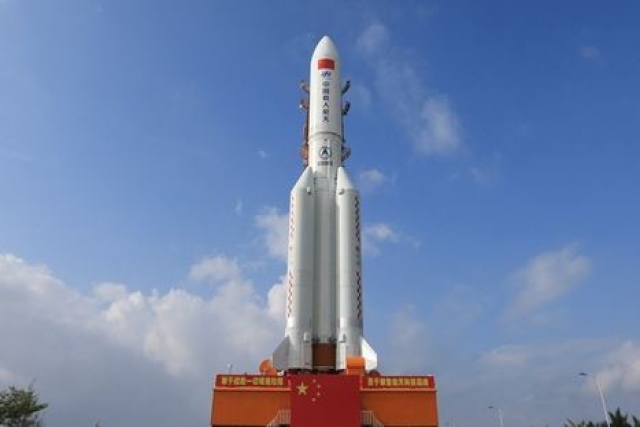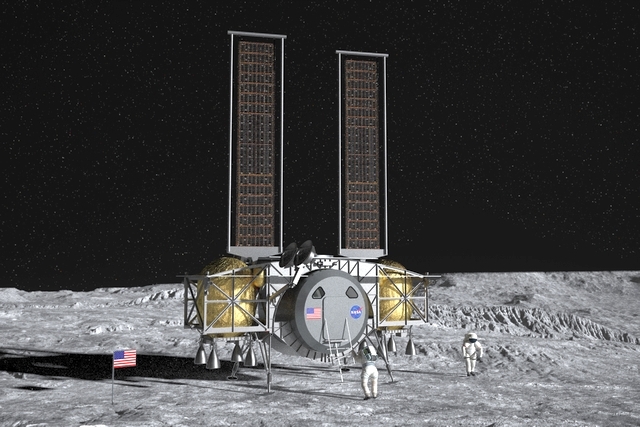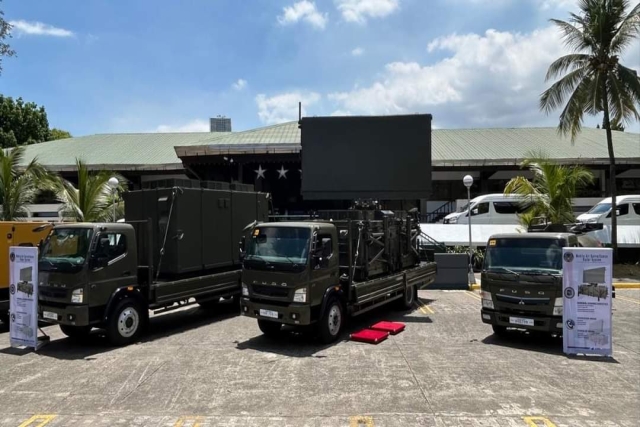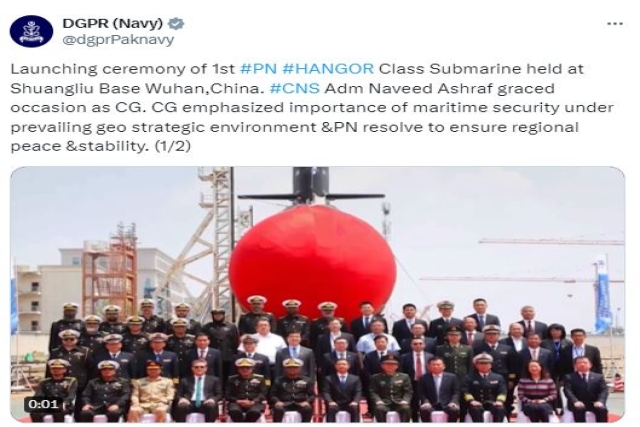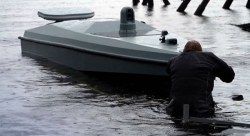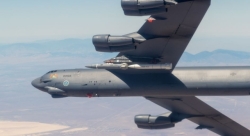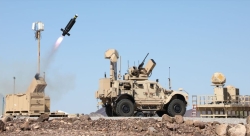U.S.A.F. Research Lab Seeks Satellite to Spy on Lunar Space Region
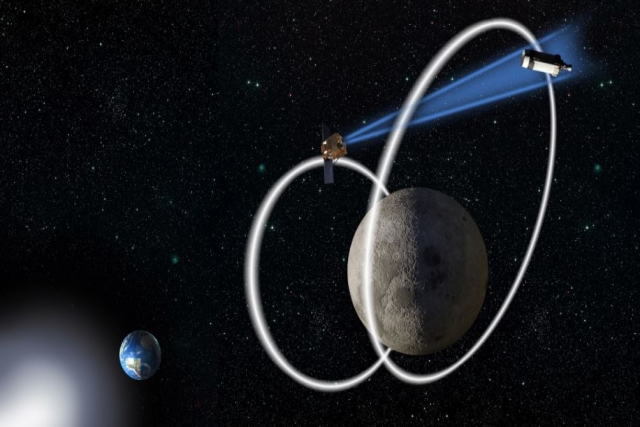
The U.S. Air Force Research Laboratory’s (AFRL) Space Vehicles Directorate is seeking partners to design Cislunar Highway Patrol System (CHPS) satellite to spy on the lunar space region.
CHPS will search for unknown objects like mission related debris, rocket bodies, and other previously untracked cislunar objects, as well as provide position updates on spacecraft currently operating near the Moon or other cislunar regions that are challenging to observe from Earth.
A draft Request for Proposals was posted last week, on the NSTXL.org website, and companies who are part of the Space Enterprise Consortium (SpEC) are encouraged to submit ideas by the deadline of 11 a.m. MST on April 1, 2022.
The Cislunar Highway Patrol System is a spacecraft conceived at the AFRL Space Vehicles Directorate, and is being designed to improve the United States Space Force’s (USSF) ability to detect, track and identify artificial objects operating at lunar distances and beyond a range of 385,000 km.
Most Space Force sensors are designed to detect and track satellites that are in Geo synchronous orbit (~36,000 km) distances or closer.
In addition to extending the Space Force’s sensing capabilities, CHPS will provide the DOD with experience operating in the complicated gravitational environment that exists in specific areas between the Earth and the Moon, and help mature technology required to communicate and navigate near the Moon.
A draft request for prototype from companies interested in working with AFRL to develop this prototype is posted on NSTXL.org. The consortium manager is authorized to release federally approved opportunities under the SpEC OT.
The Space Enterprise Consortium (SpEC) was created in 2017 through the Air Force Space Systems Command to bridge the gap between military buyers and commercial space startups and small businesses through Other Transaction Agreements (OTAs). These agreements are a non-traditional contracting method designed to help fast-track research initiatives and prototype innovation.
